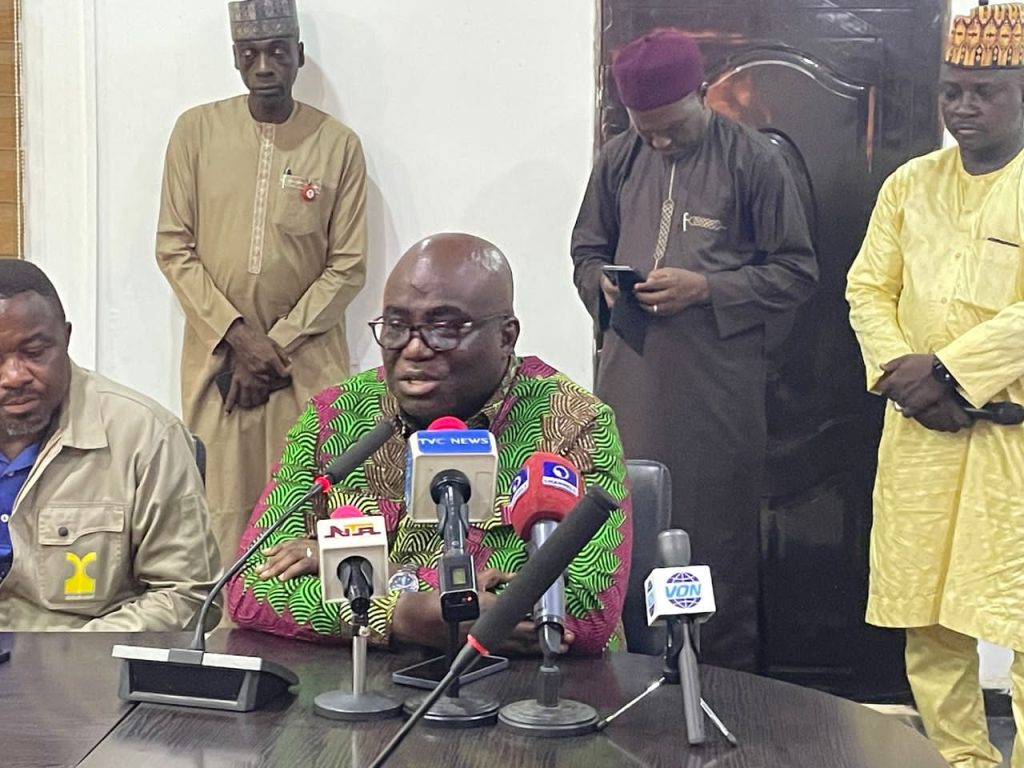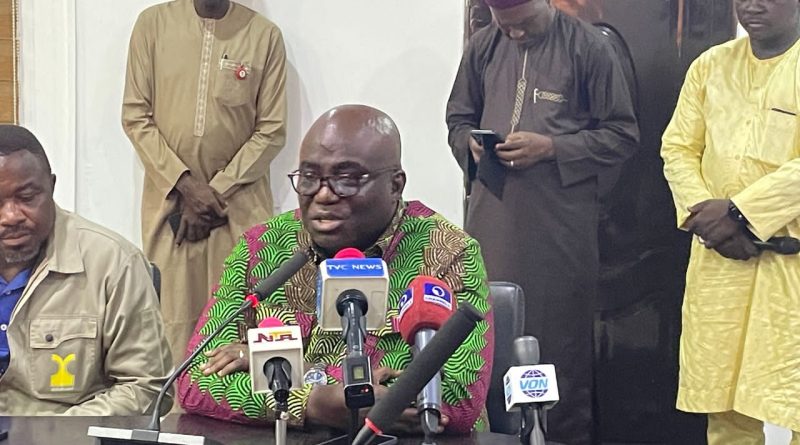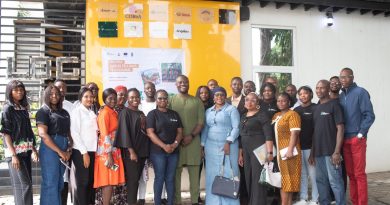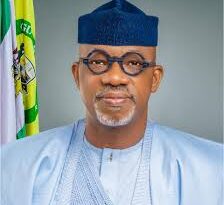Ghana Food Security Minister Visits Kebbi’s WACOT Mill To Understudy Nigeria’s Rice Production
From Ayodele Ajoge, Birnin-Kebbi
The Ghananian Minister of Food Security and Agriculture, Mr. Eric Opoku on Friday Visited Kebbi State to understudy Nigeria’s achievements in rice production.
Mr. Opoku, who is also a Member of Parliament in Ghana led a high-powered delegation of agricultural experts in Ghana on a tour of the WACOT Rice Mill in Argungu and selected rice fadama sites across the state.
The Ghana Minister later paid a courtesy call on the Deputy Governor of Kebbi State, Senator Umar Abubakar Tafida, in Birnin Kebbi, where he explained that the newly inaugurated Ghanaian administration, which assumed office four months ago, is seeking solutions to food production challenges.

“We inherited a huge import bill, Ghana imports a large quantity of rice. However, we have fertile land and abundant water, which can support local production. That is why President John Mahama is committed to achieving food self-sufficiency.” He said.
He noted that Ghana has been inspired by the success story of Kebbi State and WACOT Rice Mill in rice production, prompting the study visit.
Responding on behalf of Governor Nasir Idris, the Deputy Governor warmly welcomed the Ghanaian delegation and commended their interest in agricultural cooperation between the two countries.
He recalled the longstanding relationship between the two countries, emphasizing the role of the Argungu International Fishing and Cultural Festival in promoting unity, with many Ghanaian leaders regularly attending the event.
“Kebbi State is open to partnerships with Ghana, especially in agriculture. In addition to agriculture, the state is blessed with solid mineral resources such as gold and lithium, ready for exploration,” Tafida said.
He highlighted Governor Nasir Idris’ commitment to agricultural development and industrialization, citing the provision of free fertilizers, water pumps, agrochemicals, and improved seeds to farmers.
“Kebbi has maintained its position as Nigeria’s leading producer of rice and wheat. With year-round arable land and abundant water bodies, the state is well-positioned for sustained agricultural productivity.” Tafida added.
He further expressed the state’s readiness to collaborate with Ghana in areas such as capacity building, culture, and tourism to strengthen bilateral relations and cultural heritage.




